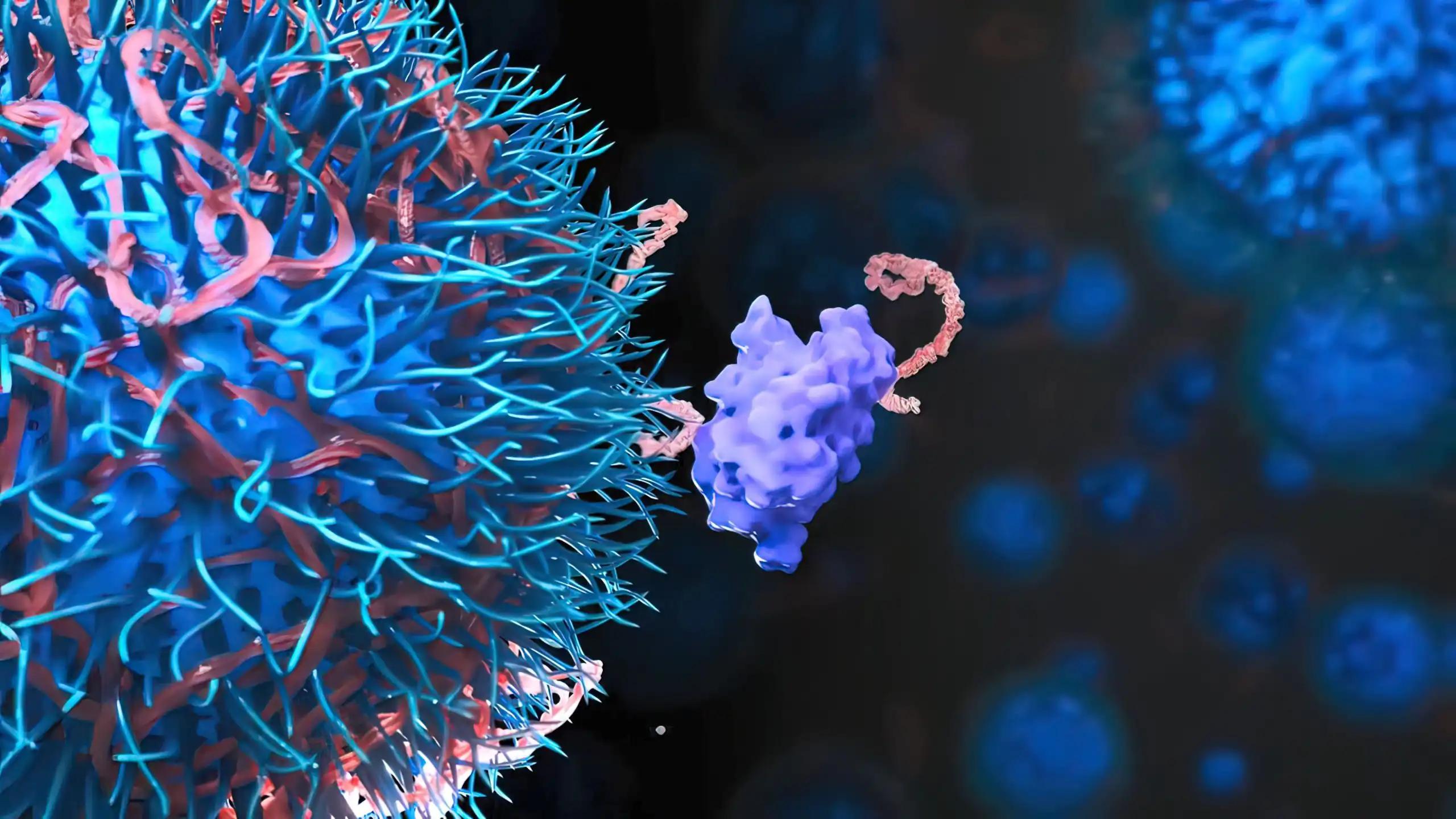KEY TAKEAWAYS
- The LARA phase 2 trial aimed to assess PL efficacy in recurrent CCGC post-platinum chemotherapy in view of gene expression profile and immune microenvironment.
- ORR at 24 weeks was considered as the primary endpoint.
- Sixty percent confirmed CA125 response and acceptable safety with notable grade ≥3 adverse events. Final results will be reported after trial completion.
Recurrent clear cell gynecological cancer (CCGC) poses a significant challenge with poor prognosis and low response rates to traditional chemotherapy. Recognizing the unique gene expression profile and immune microenvironment of CCGC, a rational strategy involves combining anti-angiogenic and immune checkpoint blockade. Researchers believe that pembrolizumab plus lenvatinib (PL)can be a potential contender, with the ability to reprogram tumor-associated macrophages and enhance cytotoxic T cell response.
A prominent figure in cancer research, Natalie Y. Ngoi, spearheads this research on the potential of Pembrolizumab plus Lenvatinib in addressing the challenges posed by recurrent clear cell gynecological cancer.
The LARA trial, a phase II academic study conducted in Singapore and South Korea, enrolled recurrent CCGC patients with progression on at least one prior platinum-based chemotherapy and no prior immunotherapy exposure.
Patients received intravenous pembrolizumab (200mg on day 1) and oral lenvatinib (20mg daily, q21 days). Following a Simon 2-stage minimax design, the primary endpoint was the objective response rate (ORR) at 24 weeks. A total of 25 evaluable patients were to be recruited, with the study meeting its endpoint if at least six patients responded to PL.
From March 26, 2021, to December 4, 2023, 15 evaluable patients participated in stage 1, representing a diverse patient population. The median age was 58 years, with 80% having ovarian primary tumors. Prior therapies included a median of 1 line, and over half of the patients had received prior bevacizumab or anti-angiogenic therapy. At a median follow-up of 48.9 weeks, 26.7% achieved a confirmed objective response at 24 weeks, and 60% showed a confirmed CA125 response.
The median progression-free survival (PFS) was 12 weeks, with 46.7% and 33.3% achieving PFS at 12 and 24 weeks, respectively. The efficacy boundary to proceed to stage 2 was met. Grade ≥3 treatment-related adverse events included thrombocytopenia, mucositis, anemia, insufficiency, adrenal, rash, hyponatremia, and hypertension.
The PL combination demonstrated promising efficacy and acceptable safety in recurrent CCGC patients. These preliminary findings set the stage for the completion of the trial, with final results awaited.
The study is sponsored by the National University Hospital, Singapore
Source: https://cslide.ctimeetingtech.com/asia2023/attendee/confcal/show/session/28
Clinical Trial: https://clinicaltrials.gov/study/NCT04699071
Ngoi N. Y, Lee J. Y, Lim W.Y, et al. (2023). “Preliminary Efficacy of Pembrolizumab Plus Lenvatinib in Recurrent Clear Cell Gynecological Cancer: Phase II LARA Trial.” Presented at ESMO Asia 2023 (Abstract LBA8).



